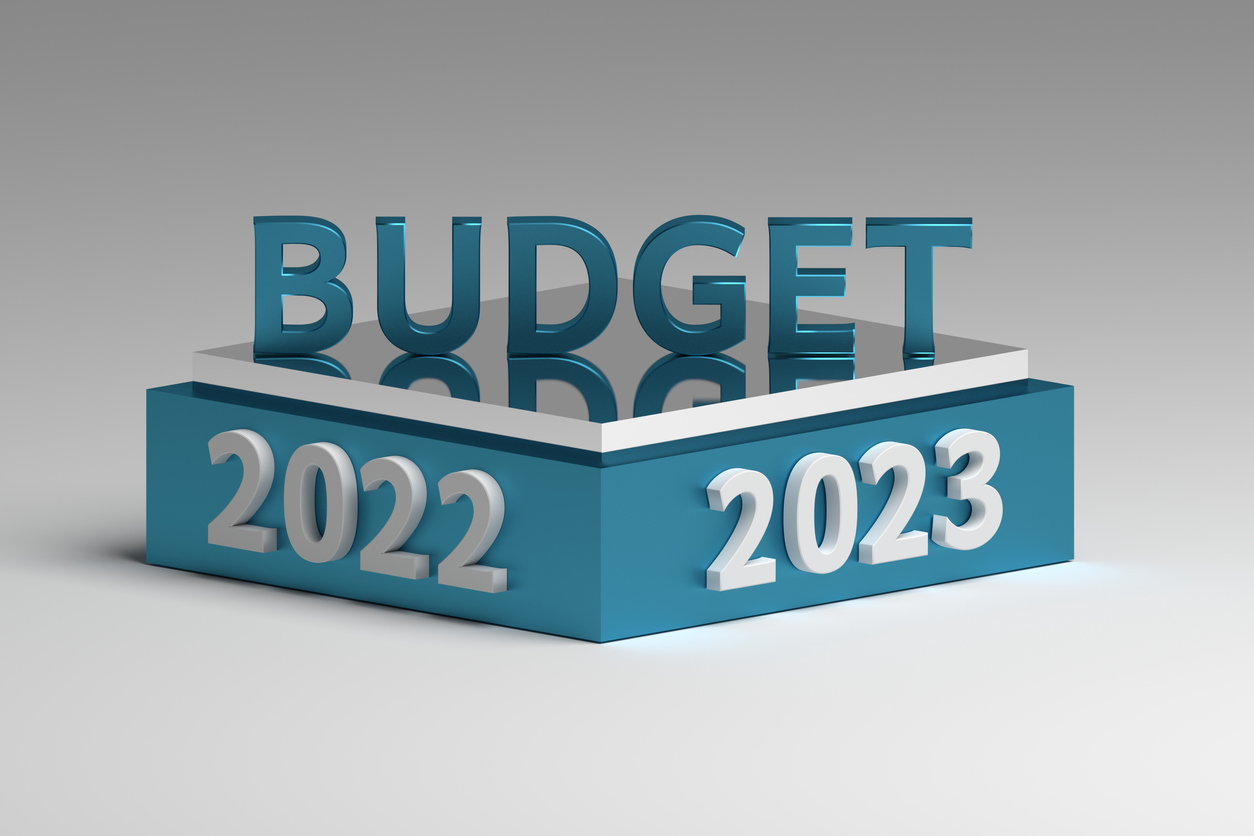
Simply announced as a “fiscal event”, the series of announcements made on Friday may well have more impact than many full-blown Budgets have had over recent years. Aimed at delivering growth, the Chancellor reversed a number of policy decisions and announced some surprise measures in the statement, too.
Additional Rate scrapped
Perhaps the most eye-catching of the announcements was the removal of the 45% Additional Rate Income Tax band. This rate is currently payable on income earned over £150,000. From 6th April 2023, the maximum rate of Tax payable on income will be 40%.
We await clarification in respect of the impact this could have on Trusts. Currently, Discretionary Trusts pay tax equivalent to the additional rate (45% on Trust income over the first £1,000 of income, and 39.35% on dividends) and it is not, at this stage, clear whether Trusts will realign with the new highest rate of Income and Dividend Tax. Further information is likely to be revealed when the Finance Bill is published.
With the removal of the Additional Rate Band, the Personal Savings Allowance of £500 will also become available to those whose income is currently within the Additional Rate Band. Under the current rules, anyone with income over £150,000 does not benefit from the Personal Savings Allowance, which covers the first £500 of savings income.
Income Tax cut brought forward
Previously announced as a policy measure due to come into force in 2024, Kwarteng has brought forward the 1p cut in the basic rate of Income Tax by 12 months, to take effect from 6th April 2023. The basic rate of tax will fall from 20% to 19%, and this will apply to earned and savings income. The current rate of relief of 20% will be maintained for Gift Aid charity donations until April 2027.
Reverse over Social Care
Previously announced by former Chancellor Rishi Sunak, the Government have reversed the planned policy decisions designed to raise funds to help provide for the social care budget. The 1.25% National Insurance hike for Employees and Employers will be scrapped from November 2022, and the Dividend Tax rate hike, which was implemented in April 2022, will also be reversed from next April.
For Basic Rate taxpayers, Dividend Tax will revert to 7.5% from the current 8.75%, with Higher Rate Taxpayers paying 32.5% once again, rather than the current 33.75%. Coupled with the removal of the Additional Rate Tax Band, the maximum rate of Dividend Tax payable from 6th April 2023 will be 32.5%, which could present opportunities for business owners to draw more from their business in a tax efficient manner from this date.
The reduction in Dividend Tax rate will also benefit those with large investment portfolios held outside of tax-efficient wrappers, such as an Individual Savings Account (ISA).
Pension changes
There were no major announcements in respect of Pensions. With the reduction in the Basic Rate, and removal of the Additional Rate, from 6th April 2023, the maximum rate of Income Tax relief on pension contributions will fall to 19% for Basic Rate Tax payers, and a maximum of 40% for Higher Rate taxpayers.
Despite the Basic Rate Income Tax reduction coming into effect in April 2023, the Growth Plan suggests that pension schemes that arrange contributions on the relief at source method (i.e. personal pensions) will still be able to claim Basic Rate relief at 20% until April 2024.
This presents an opportunity to gain an additional 1p of Basic Rate relief on contributions in the 2023/24 Tax Year.
Venture Capital Trusts secured
A feature of European Union state aid rules was that a “sunset” clause on Venture Capital Trusts (VCTs) was due to come into force in 2025. This could have meant that new investments in VCTs may not have qualified for relief from 2025. However, in a move designed to boost UK entrepreneurship, this deadline has now been removed, which secures the future of Venture Capital Trusts.
In addition, Kwarteng announced an extension of the Seed Enterprise Investment Scheme (SEIS) limits, with companies being able to raise £250,000 of SEIS investment, rather than the current £150,000 investment.
The support of VCTs and other tax-efficient investments is welcome, as this has proven to be beneficial for small business looking to raise funding for expansion, together with offering attractive tax breaks for investors.
Stamp Duty Land Tax
As part of measures designed to help the housing market, the Stamp Duty Land Tax (SDLT) threshold for residential properties has been doubled from £125,000 to £250,000. This will mean that no SDLT will be payable on properties up to £250,000. For first-time buyers, the relief has been extended, with the first £425,000 – instead of the current £300,000 – being exempt from SDLT. This relief is available on properties up to £625,000 in value.
These changes may well support the lower end of the housing market; however, there has been no change to the rates applying for higher value properties. The 3% levy on additional properties purchased will also continue unchanged.
Corporation Tax changes axed
The intended increase in Corporation Tax, scheduled for 6th April 2023, has been axed. The rate of Corporation Tax would have increased to 25% from next April; however, it will now remain at 19%, and presents an opportunity for business owners to rethink plans to draw profits over the current and next Tax Years.
In Summary
The announcements were certainly eye-catching and we wait to see whether the new legislation will have the desired impact on growth. The initial market reaction has been fairly clear, given the slump in the Pound against the Dollar immediately after the measures were announced.
From a financial planning perspective, these new rules present interesting opportunities for business owners, those with share portfolios and individuals saving through a pension, to review their current arrangements.
If you feel a comprehensive review of your financial planning objectives and plans would be beneficial, then speak to one of our experienced advisers here.
The value of investments and the income they produce can fall as well as rise. You may get back less than you invested. Past performance is not a reliable indicator of future performance. Investing in stocks and shares should be regarded as a long term investment and should fit in with your overall attitude to risk and your financial circumstance.





